This second decade in this new millennium finds us on the precipice of significant change.
We are poised to move into a future that can either be the greatest in human history or our biggest regret. The decisive factors lie in how we choose not only to deal with our turbulent present but also to correct the ills of our violent, harmful past.
This is a time for people of goodwill, especially those of us who claim faith traditions rooted in love, to stand up and in defense of all that is compassionate and decent in the world around us.
It is well past the time for us to vehemently counter the hateful rhetoric of those who claim to love a creator while simultaneously condemning the very beauty of the creation present in humanity. Now, it is crucial for the progressive faithful to make sure that the world knows we stand with the most marginalized and disenfranchised in our society, which most of our traditions require.
We who work in faith organizing understand that liberation in all areas of our lives is the moral imperative of our time.
Kenyetta Chinwe
Faithful people engaging in morally-centered resistance to oppression is not a new occurrence. The U.S. abolitionist movement of the 19th century was spearheaded by faithful people. As early as 1738, American Quakers began to openly question the morality of the institution of slavery. In the 1790s, the Second Great Awakening prompted a moral reckoning that pushed Protestant Christians throughout the country, especially in the northeast, to realize that to permanently enslave other humans was antithetical to the beliefs they hold sacred. Faithful people, both black and white, were the ones who pushed the movement for abolition in this country. People like Harriet Tubman, Sojourner Truth, Frederick Douglas, David Walker, and William Lloyd Garrison all claimed faith. They used that faith to push the cause of liberation.
Similarly, people of faith ignited the moral movement that is the Civil Rights movement in the 1960s. Both clergy and laity alike saw the movement as a moral imperative of their time. For many, it was a way to live fully into the faith traditions in which they believed. Organizations like the Southern Christian Leadership Conference held clergy members like Dr. Martin Luther King Jr. and Joseph E. Lowery. Political groups like the Democratic Freedom Party was brought to national attention by a powerful woman of faith named Fannie Lou Hamer. They were filled with people of faith that understood that to live one’s faith in practice is to align themselves with freedom and against oppression.
The movement compelled people of various traditions to speak out and stand up for liberty. For instance, Rabbi Abraham Joshua Heschel, a rabbi and theologian who marched with Dr. King in Selma in 1965, wrote and spoke out in favor of civil and voting rights. It is this spirit of moral obligation to liberation that compels my own work.
In January 2020, AMPLIFY Georgia, a campaign of seven Georgia-based organizations focused on Georgians’ reproductive health and well-being, collaborated with SisterSong and the New Georgia Project to convene faith organizers from around the state and across social justice movements. We who work in faith organizing understand that liberation in all areas of our lives is the moral imperative of our time. We understand that we cannot claim to love a benevolent God AND not want to see the people who occupy this world with us to live whole, happy, sustainable lives. That understanding is what we held as we envisioned what a just and free world for all would look like through the lens of our individual areas of advocacy. That vision was crafted into a document: a Statement of Justice for progressive people of faith.
We know that it can be challenging at times to distill one’s thoughts around faith and justice. We understand that there are loud voices in our society that claim faith but oppose liberation.
Our hope is that this statement will serve as an aid to help amplify the voices of we who claim faith AND believe in freedom. We want this document to become a tool for faith organizing across the country. And lastly, we hope to build a committed network of the faithful who are willing to advocate for this just world that we envision in their congregations, cities, and states.
Sign the statement. And affirm that faith is a partner to liberation, not a foe.
Submitted by Rev. Kenyetta Chinwe

